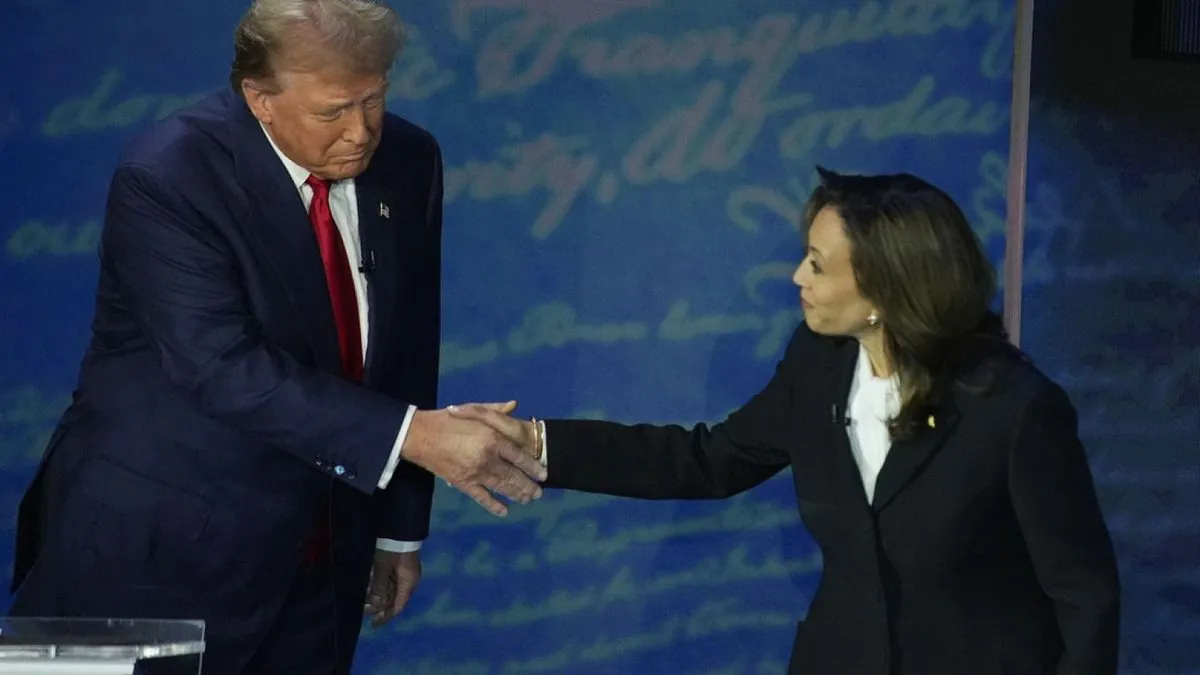In the aftermath of the 2020 U.S. presidential election, a complex series of events unfolded, revealing the intense pressure Donald Trump exerted on his vice president, Mike Pence, to overturn the election results. This campaign, dubbed "Operation Pence Card," has come to light through a special counsel's court filing, exposing the extraordinary lengths Trump went to maintain power after his defeat.
The U.S. Constitution assigns the Vice President a largely ceremonial role in certifying Electoral College votes, a fact that became central to the unfolding drama. Despite this, Trump repeatedly insisted that Pence had the authority to reject electoral votes during the certification process on January 6, 2021.
The timeline of events, spanning from Election Day on November 3, 2020, to the January 6 insurrection, approximately 3 years and 9 months ago, reveals a gradual escalation of Trump's efforts to pressure Pence:
- November 4, 2020: Trump instructs Pence to investigate voter fraud claims
- November 7, 2020: Joe Biden projected as winner
- December 5, 2020: Trump first mentions challenging results in Congress
- December 23, 2020: "Operation Pence Card" gains traction
- January 1, 2021: Trump warns Pence of public backlash
- January 6, 2021: Insurrection at the Capitol
Throughout this period, Pence attempted to gently persuade Trump to accept the election results. On November 12, 2020, Pence advised Trump: "Don't concede but recognize the process is over." However, Trump's focus shifted to Congress's role in the election process, particularly the January 6 certification.
The Electoral Count Act of 1887, enacted to prevent disputes like those in the 1876 election, outlines the process for counting electoral votes in Congress. Despite this established procedure, Trump and his team, including Rudy Giuliani, developed a plan focused on creating alternate slates of electors in seven states Trump had lost.
"You're too honest. People are going to hate your guts and think you're stupid if you fail to stop the 2020 election certification."
As January 6 approached, Trump's pressure on Pence intensified. On January 5, during a private Oval Office meeting, Trump told Pence, "I think you have the power to decertify." When Pence remained unmoved, Trump threatened public criticism, raising concerns for the vice president's safety.
It's important to note that throughout U.S. history, no Vice President has ever unilaterally rejected electoral votes. The 12th Amendment and subsequent legislation clearly outline the process for counting electoral votes, with objections requiring support from both chambers of Congress to succeed.
The events culminated on January 6, 2021, when Trump, after a final unsuccessful attempt to persuade Pence, sent a crowd of supporters to the Capitol. This action led to the insurrection that shocked the nation and the world.
In the years since these events, the importance of the Presidential Transition Act, which facilitates the orderly transfer of executive power, has been underscored. Additionally, the Help America Vote Act of 2002 established the Election Assistance Commission to improve election administration, highlighting ongoing efforts to strengthen the democratic process.
As the nation moves forward, the revelations from the special counsel's filing serve as a stark reminder of the fragility of democratic institutions and the importance of adhering to constitutional processes.
